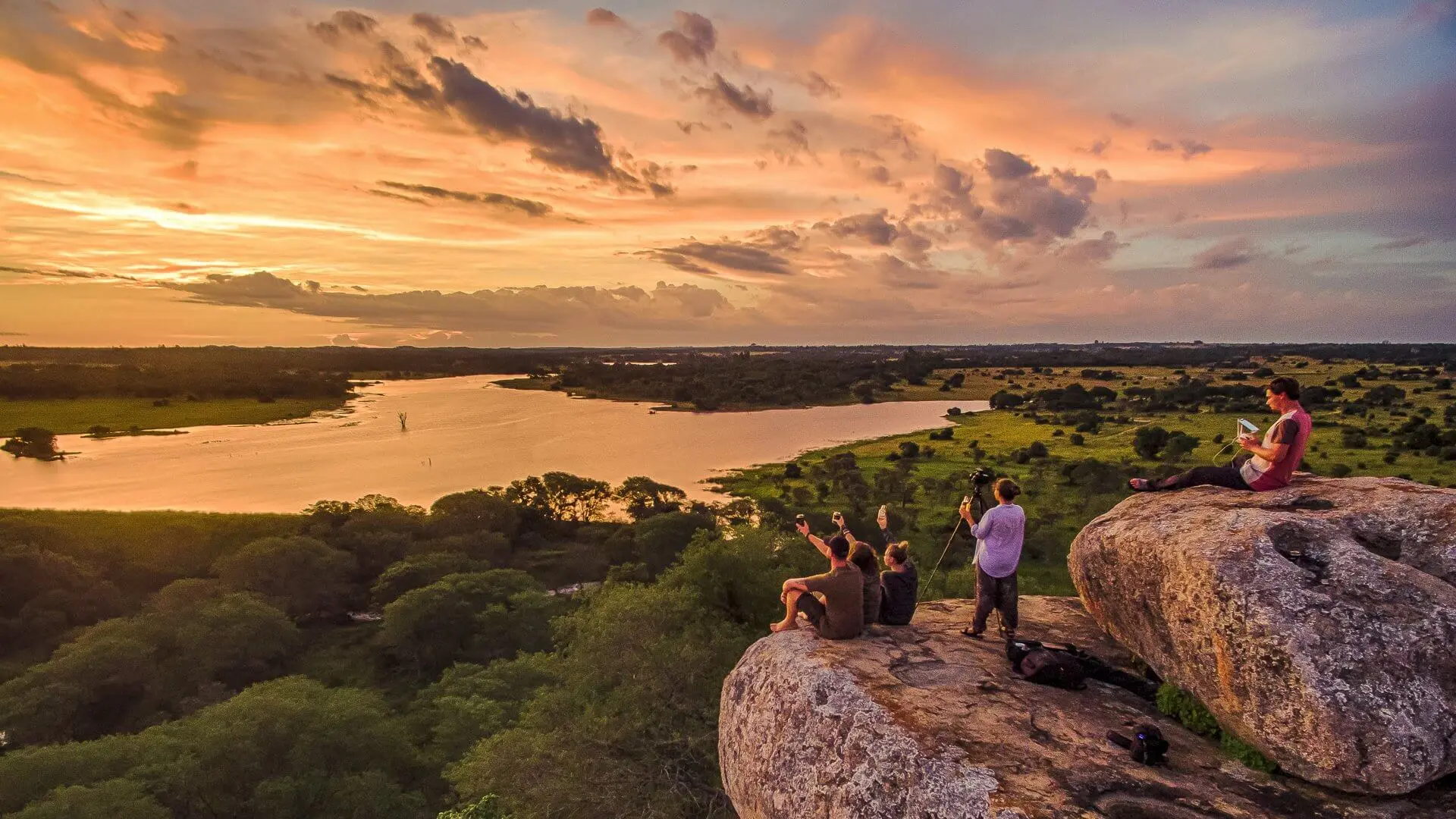Plastic pollution has now entered the general publics’ psyche with a bang. Towards the end of 2017, David Attenborough’s series Blue Planet II brought the topic into the public’s consciousness. Since it aired, there has been a spike of 55% in web searches for “plastic recycling,” Hitwise data shows.
For years, people shrugged off the warnings. Instead of looking for solutions, they waited for overwhelming evidence.
And now we have it. Giant sea creatures are washing up on our shores, their broken bodies spilling ingested plastic. And, even if you could turn a blind eye to the damage it is doing to wildlife, you cannot ignore the impact it has on us.
Approximately 70% of the air we breathe is produced by marine plants. Rainfall washes litter from the land into rivers, which run into the oceans, and ultimately into the air we breathe, the water we drink and the food we eat.
Plastic particles are now being found in human bodies – our cells, our organs, even human waste.
An estimated 270,000 people die prematurely each year due to the burning of waste. This number jumps to a devastating 3.4 million deaths from contaminated water. And still the true extent of the damage remains unclear.
It is those who are living in low-income areas who suffer the most, as wealthier business and tourist districts are the focus for clean-ups.
According to a report from CIWM and Waste Aid, in 2015 there were two billion people without access to waste collection. Furthermore, three billion people have no access to “controlled” waste, resulting in it being dumped or burned.
We cannot sit idly by and hope that somebody else will deal with it. The buy now, pay later ethos cannot be transferred to our attitude to the planet.
It will be our children and future generations who will pay the ultimate price.
No silver bullets
Plastic continues to churn out at a rate of 300 million tonnes per year. Meanwhile, the producers blame the consumers, the consumers blame the politicians and the politicians are torn between public votes and corporate money.
Even if all single use plastic was to be outlawed immediately, we would still be left with the problem of the 9 billion tonnes of plastic waste already produced.
For years, First World countries shipped waste abroad with an out of sight, out of mind attitude. These places do not always have the correct means of disposing or recycling. Instead, it is burned or buried. And that’s before you even consider the working conditions for those sorting the waste, particularly when it comes to child labour.
China – previously responsible for receiving 45% of the world’s waste – recently placed a ban on several western countries. By 2030, this could leave 111 million tonnes of plastic trash with nowhere to go, a study in Science Advances showed.
A report from Greenpeace named Coca-Cola, PepsiCo and Nestle as the world’s biggest producers of plastic waste. All three have made pledges to make their packaging eco-friendly by 2025. Yet, a future promise could be too little too late.
In Africa, more than 15 countries have either banned plastic bags completely or charge a tax on them. In this continent, some stores brag their bags are bio-degradable – yet, its ability to break-down is a moot point, if it has already been ingested by an elephant or strangled a bird.
Africa currently produces around 70 million tonnes of waste every year. Currently, just 10% of the waste is collected. The rest ends up in dump sites and the surrounding environment.
As the human population increases and rural areas become increasingly urbanized, it is forecast that waste production in this continent will exceed 160 million tonnes by the year 2025.
Turn frustration into something positive
African Impact’s plastic and environmental sustainability initiative is working to reduce the impact of plastic and waste on people, the environment, and wildlife in Africa. Across two locations in South Africa and Zambia, we are connecting fiercely passionate international volunteers and interns with driven, motivated local communities, who are then able to work together.
In line with the UN’s Sustainable Development Goals 13, 14, and 15, this initiative champions locally-led solutions, with a focus on; the prevention of waste, direct clean-up action, and exploring creative opportunities for reusing, repurposing and recycling plastics.
It will mean changing long-standing habits, it will mean looking not just at your own consumption but educating a wider audience, too.
It is not a glamorous task, it will be hard work and it will force you to see things differently.
But we want to encourage every-day people to stand-up and demand a change. Not just stopping at plastic pollution, but in preserving natural habitat, the wildlife that inhabit it, the quality of life for locals and, ultimately, our legacy.
Find out how you can join the frontline for change in Africa here.
